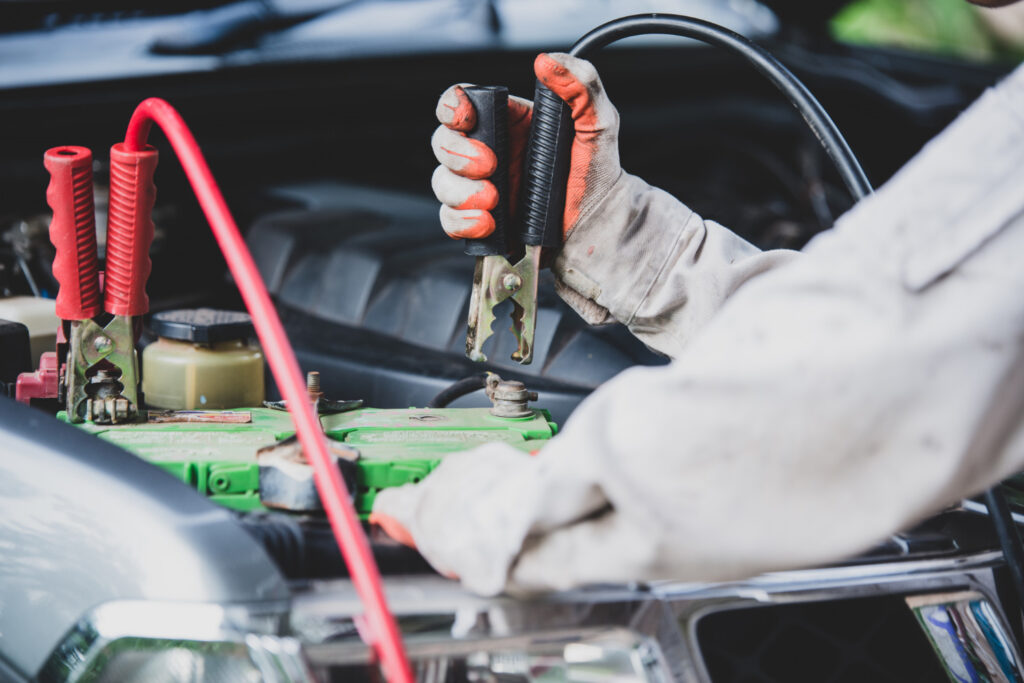Battery Replacement for Cars: Ultimate Guide to Cost, Process & Maintenance
A car battery is the unsung hero of your vehicle. It powers everything from the ignition to your headlights and even the infotainment system. Without it, your car simply won’t start. Yet, many drivers overlook the importance of timely battery replacement for cars, often realising it only when they’re stranded with a dead engine.
This guide walks you through everything you need to know – from recognising early warning signs to choosing the right replacement battery, costs involved, and tips to maximise battery life.
Signs Your Car Battery Needs Replacement
Slow Engine Crank
If your engine takes longer than usual to start, your battery may be losing charge. This is often one of the first noticeable signs.
Dimming Headlights and Electrical Issues
A weak battery struggles to power electronics. If your headlights look dimmer or your car radio cuts out, it’s time to check your battery.
Dashboard Warning Light
Modern cars feature a battery warning light that turns on when voltage levels drop. Ignoring this warning can lead to complete failure.
Frequent Jump-Starts
If you find yourself reaching for jumper cables more than once a month, your battery is likely on its last leg.
Types of Car Batteries
Lead-Acid Batteries
These are the most common and budget-friendly option. They’re reliable but require occasional maintenance.
AGM (Absorbent Glass Mat) Batteries
AGM batteries are more durable, offer better performance, and are often used in luxury or high-performance vehicles.
Lithium-Ion Batteries
Lightweight and long-lasting, lithium-ion batteries are gaining popularity, especially in hybrid and electric vehicles.
Average Lifespan of a Car Battery
Most car batteries last 3–5 years depending on driving habits, climate, and maintenance. Extreme heat or cold can shorten lifespan significantly.
How to Choose the Right Battery for Your Car
Check Manufacturer Recommendations
Always refer to your owner’s manual to ensure compatibility.
Cold Cranking Amps (CCA) and Reserve Capacity
CCA determines how well your battery performs in cold weather, while reserve capacity indicates how long it can power essentials if the alternator fails.
Battery Size and Fit
Each car requires a specific size. Choosing the wrong one can cause fitting or connection issues.
Cost of Battery Replacement for Cars
Cost by Car Make & Model
Luxury and hybrid cars tend to have higher replacement costs due to specialised batteries.
Labour Charges at Car Repair Garages
Expect to pay around an hour in labour costs if you opt for professional replacement.
DIY vs. Professional Car Battery Replacement
Pros and Cons of DIY Replacement
DIY battery replacement can save you money, especially if you’re comfortable working with tools. The process is relatively straightforward, and many drivers successfully handle it at home. However, improper installation could damage your car’s electrical system or even cause injury.
Benefits of Professional Service
A professional mechanic not only replaces your battery but also inspects related components like the alternator, starter, and wiring. This ensures that you don’t mistakenly blame the battery for an issue rooted elsewhere. For peace of mind, professional replacement may be worth the extra cost.
FAQs About Battery Replacement for Cars
Q1: How often should I replace my car battery?
Most batteries last 3–5 years depending on usage and climate.
Q2: Can I replace my car battery myself?
Yes, with the right tools and precautions, but professional replacement ensures accuracy and safety.
Q3: How do I know which battery fits my car?
Check your owner’s manual or consult an auto parts store for the correct group size and specifications.
Q4: What happens if I don’t replace a weak battery?
A weak battery may leave you stranded and could strain your alternator and starter.
Q5: Is there a warranty on car batteries?
Yes, most come with 2–5 years warranty, depending on the brand and type.
Q6: Can extreme weather affect my battery?
Absolutely. Hot weather evaporates battery fluid, while cold weather reduces starting power.
Conclusion & Final Thoughts
Your car’s battery is the heartbeat of its electrical system. Recognising the signs of failure, choosing the right replacement, and practicing good maintenance habits will save you both time and money. Whether you go the DIY route or trust a professional, staying proactive ensures your vehicle runs smoothly.
When it comes to battery replacement for cars, don’t wait until you’re stranded – take action early, invest in quality, and enjoy worry-free driving.


